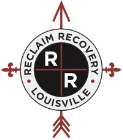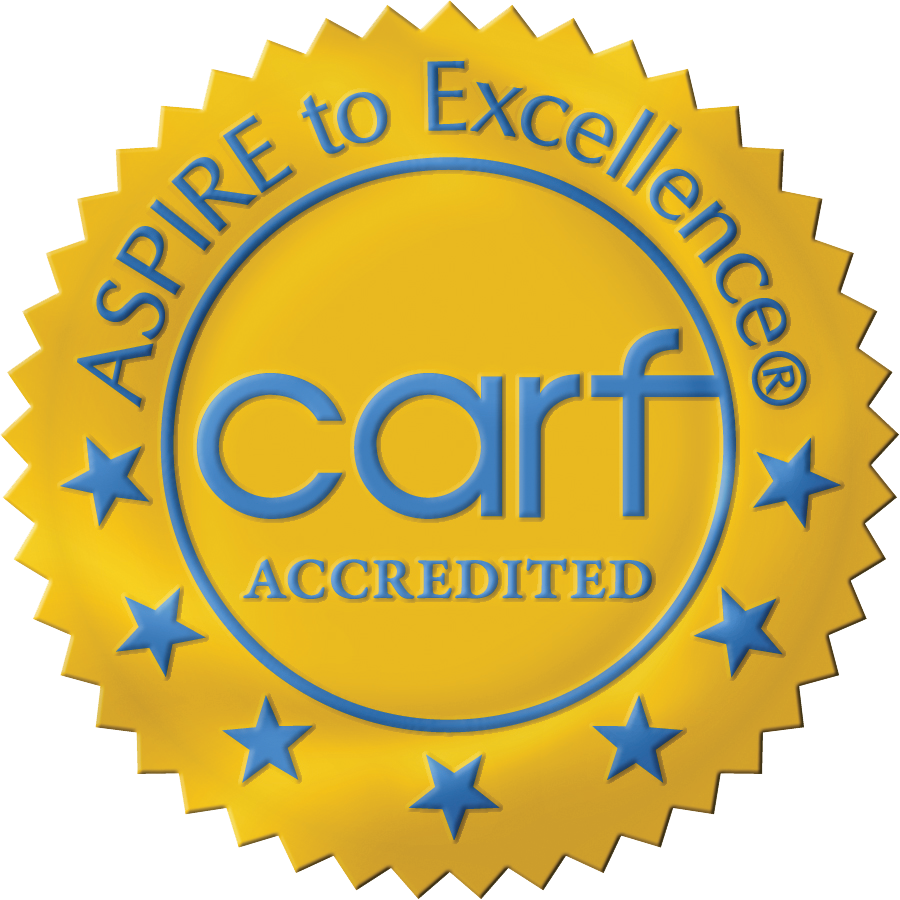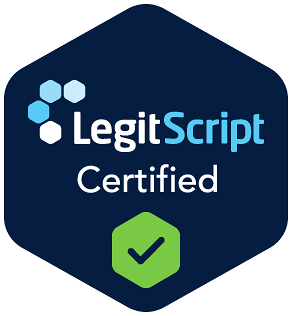Our Blogs

How Addiction Affects the Brain: The Science of Healing and Hope
Addiction isn’t a sign of weakness—it’s a neurological shift.
Whether the substance is alcohol, opioids, or meth, repeated use alters brain structure, reshapes reward pathways, and hijacks decision-making. But here’s the hopeful truth: the brain can heal—and understanding that science is a powerful step toward lasting recovery.
At Reclaim Recovery Louisville, we believe that demystifying addiction helps eliminate shame, inspire action, and support meaningful transformation. Let’s explore how addiction impacts the brain—and how targeted treatment helps restore clarity, balance, and self-control.
The Brain’s Reward System: Where Addiction Starts
In a healthy brain, dopamine—the “feel good” neurotransmitter—reinforces activities vital for survival: eating, bonding, creating, and learning. It motivates us by delivering pleasure when we do things that bring fulfillment.
But drugs and alcohol hijack that reward system.
Substances like heroin, alcohol, or meth flood the brain with massive surges of dopamine, far surpassing natural levels. The result? A brain trained to chase only one reward—more of the substance.
Over time, this creates a dangerous rewiring:
The brain builds tolerance, needing more to feel the same effect
Natural pleasures (like food or relationships) lose appeal
Substance use becomes central to survival, overriding logic and values
This neurochemical shift explains why quitting feels so hard—and why judgment alone isn’t enough. The brain has been taught to prioritize the substance above all else.
4 Brain Regions Impacted by Addiction
Addiction is not just about cravings. It affects multiple brain areas, each controlling different emotions, habits, and behaviors:
1. Prefrontal Cortex – Impulse Control & Decision Making
This is your rational brain—the part that says “think before you act.”
Addiction weakens this area, making it harder to:
Resist urges
Delay gratification
Consider long-term consequences
This is why someone with addiction might relapse even when they desperately want to stay clean.
2. Amygdala – Emotional Triggers & Anxiety
The amygdala helps you detect threats and process fear.
In addiction:
It becomes hypersensitive, heightening stress
Triggers (like conflict, boredom, or shame) spark overwhelming cravings
Emotional dysregulation increases the risk of relapse
3. Hippocampus – Memory & Triggers
This region stores powerful, emotion-laced memories.
If someone used drugs to escape pain or stress, the hippocampus remembers that—and reinforces it. Even years into sobriety, a smell, sound, or memory can reactivate those circuits.
4. Nucleus Accumbens – Reward & Motivation
Often called the “pleasure center,” this region drives desire.
Addiction floods it with unnatural dopamine, causing the brain to favor drug rewards over healthy alternatives. Over time, the motivation for anything else fades.
Can the Brain Heal from Addiction?
Yes—but it takes time, strategy, and support.
The brain’s healing power lies in neuroplasticity, the ability to form new connections and restore healthy pathways. While some damage may be long-lasting, many functions—like emotional regulation, memory, and impulse control—can dramatically improve during recovery.
What healing may look like:
Dopamine levels gradually normalize
The prefrontal cortex regains control
Emotional triggers become less intense and more manageable
Natural rewards start to feel meaningful again
But unlike a broken bone, the brain doesn’t heal in a fixed timeline. Recovery may take 6 to 24 months, depending on the substance, duration of use, and mental health conditions.
How Reclaim Recovery Supports Brain Recovery
At Reclaim Recovery Louisville, our programs are designed not just to stop use—but to repair what addiction disrupted. We blend science-backed strategies with compassionate care to support true neurological healing.
Our Approach:
Cognitive Behavioral Therapy (CBT) to retrain distorted thought loops
Trauma-Informed Therapy to calm the amygdala and restore safety
Group Counseling to re-engage social reward systems
Mindfulness & Breathwork to rebuild stress-response regulation
Medication-Assisted Treatment (MAT) when appropriate, to stabilize neurochemistry
We don’t rush people through checklists. We meet each individual where they are—emotionally, neurologically, and spiritually—and walk with them toward sustainable, full-brain recovery.
Why Understanding the Brain Reduces Shame
Addiction isn’t a character flaw. It’s the result of repeated neurological reinforcement. Once clients—and their families—understand that, shame starts to lose its grip.
At Reclaim, we teach:
Addiction is a medical condition, not a moral failure
Healing is possible, even after years of use
Support changes outcomes—no one should do this alone
Knowledge doesn’t just reduce stigma—it builds motivation, empathy, and hope.
Frequently Asked Questions (FAQ)
1. Can addiction permanently damage the brain?
Some changes may linger, but many brain functions can improve or fully recover with sustained treatment and support.
2. How long does it take the brain to recover from drugs or alcohol?
Dopamine balance may begin to return in 30–90 days. Full recovery of decision-making and emotional regulation often takes 6–18 months.
3. Why do cravings happen even after sobriety?
Cravings are triggered by memories (hippocampus), emotional stress (amygdala), and the reward system (nucleus accumbens). With time and therapy, these triggers can lose power.
4. Is therapy enough, or do I need medication too?
That depends. Medication can help some people regulate brain chemistry safely. At Reclaim, we assess each person individually.
5. What types of therapy help the brain heal?
CBT, trauma therapy, and mindfulness have strong evidence for improving brain function in recovery. We use all three.
6. Can the brain heal faster with support?
Yes. Stable housing, nutrition, sleep, community, and positive relationships all accelerate healing.
Ready to Start Healing?
Addiction may have changed your brain—but it didn’t destroy your ability to grow. With science, structure, and support, you can build new pathways, regain control, and rediscover joy.
📞 Call Reclaim Recovery Louisville today to schedule a confidential assessment.
📍 2604 South Fourth Street, Louisville, KY 40208
🌐 ReclaimRecoveryLouisville.com
Your brain can recover. Let’s begin the journey—together.


